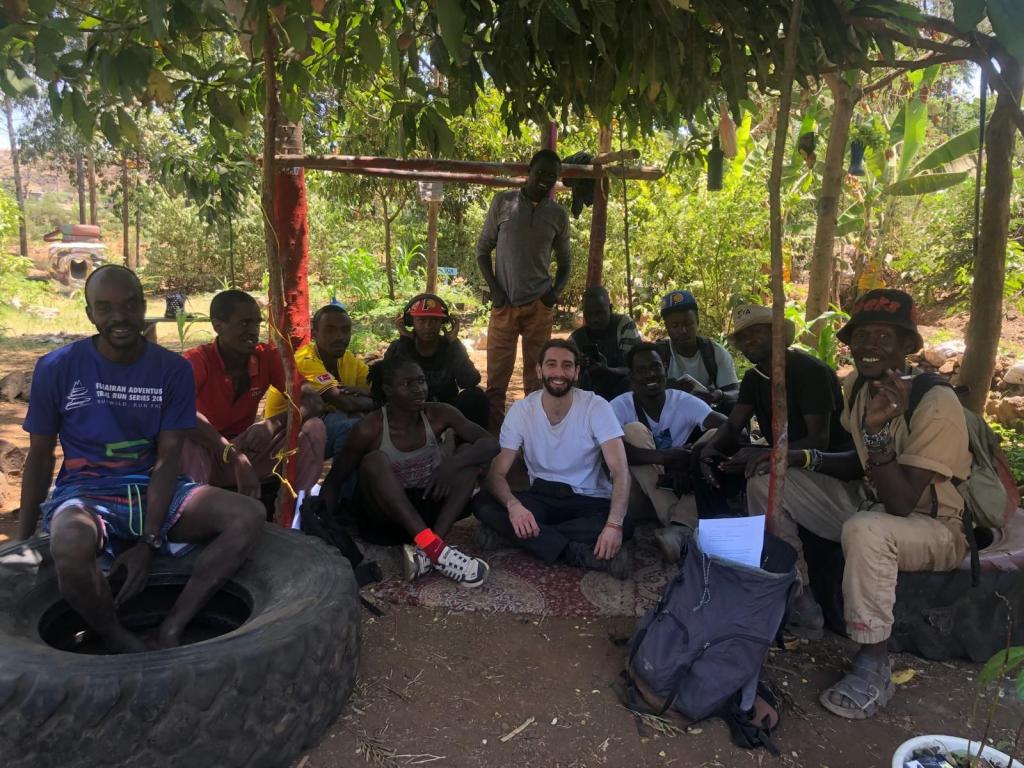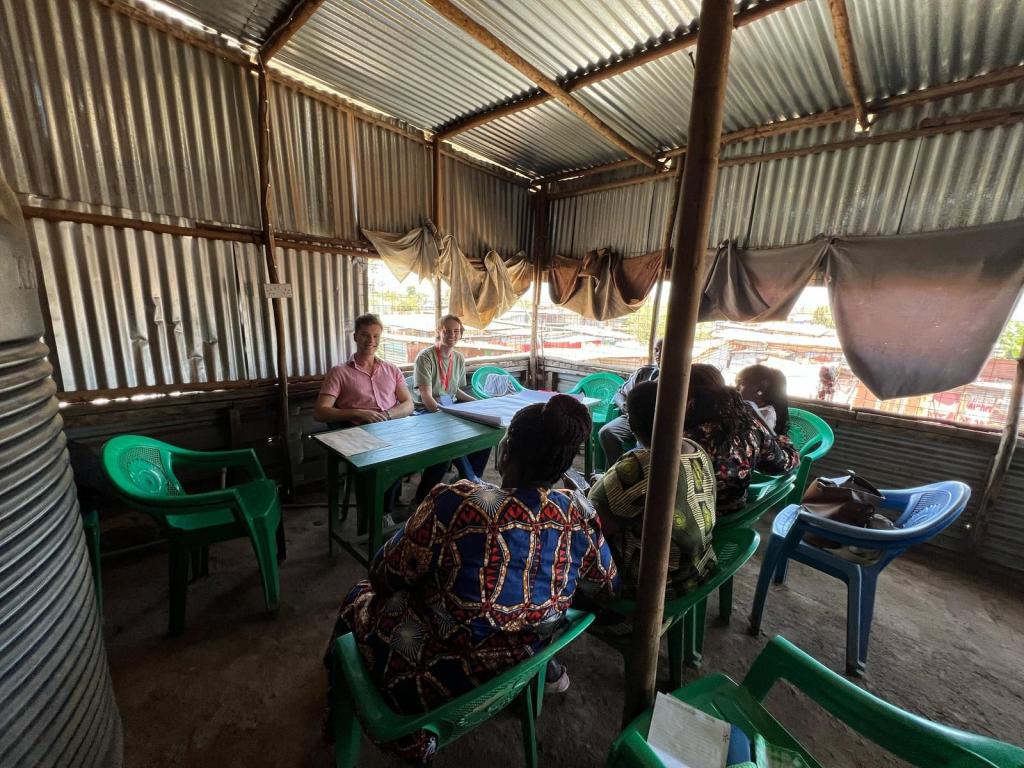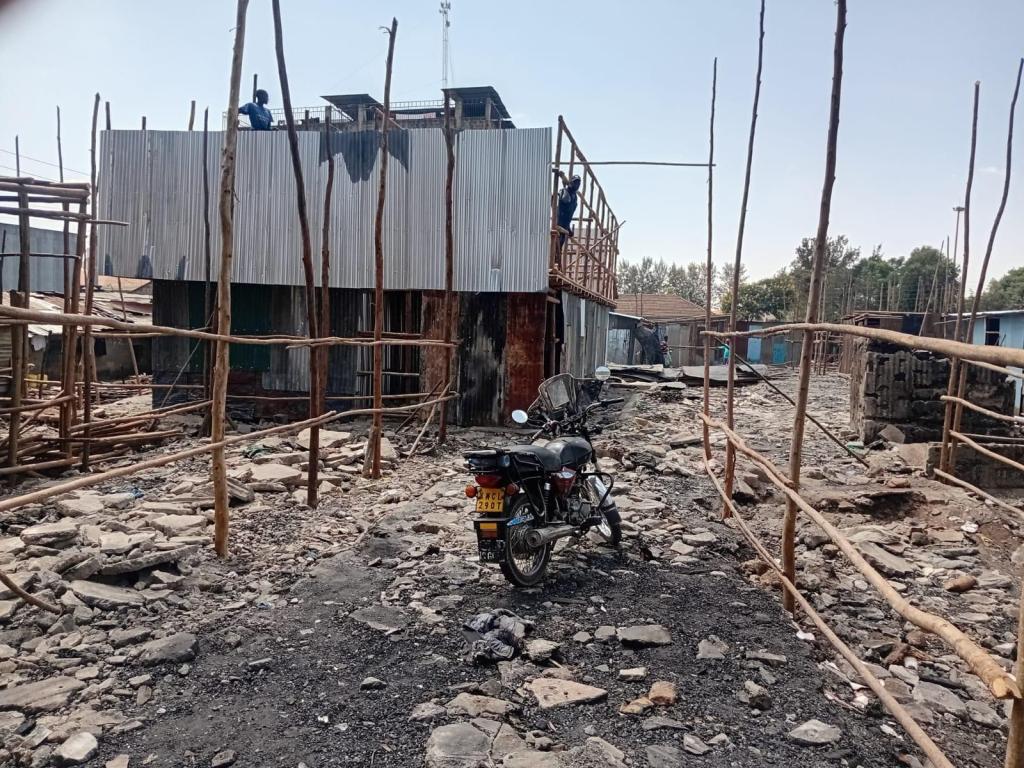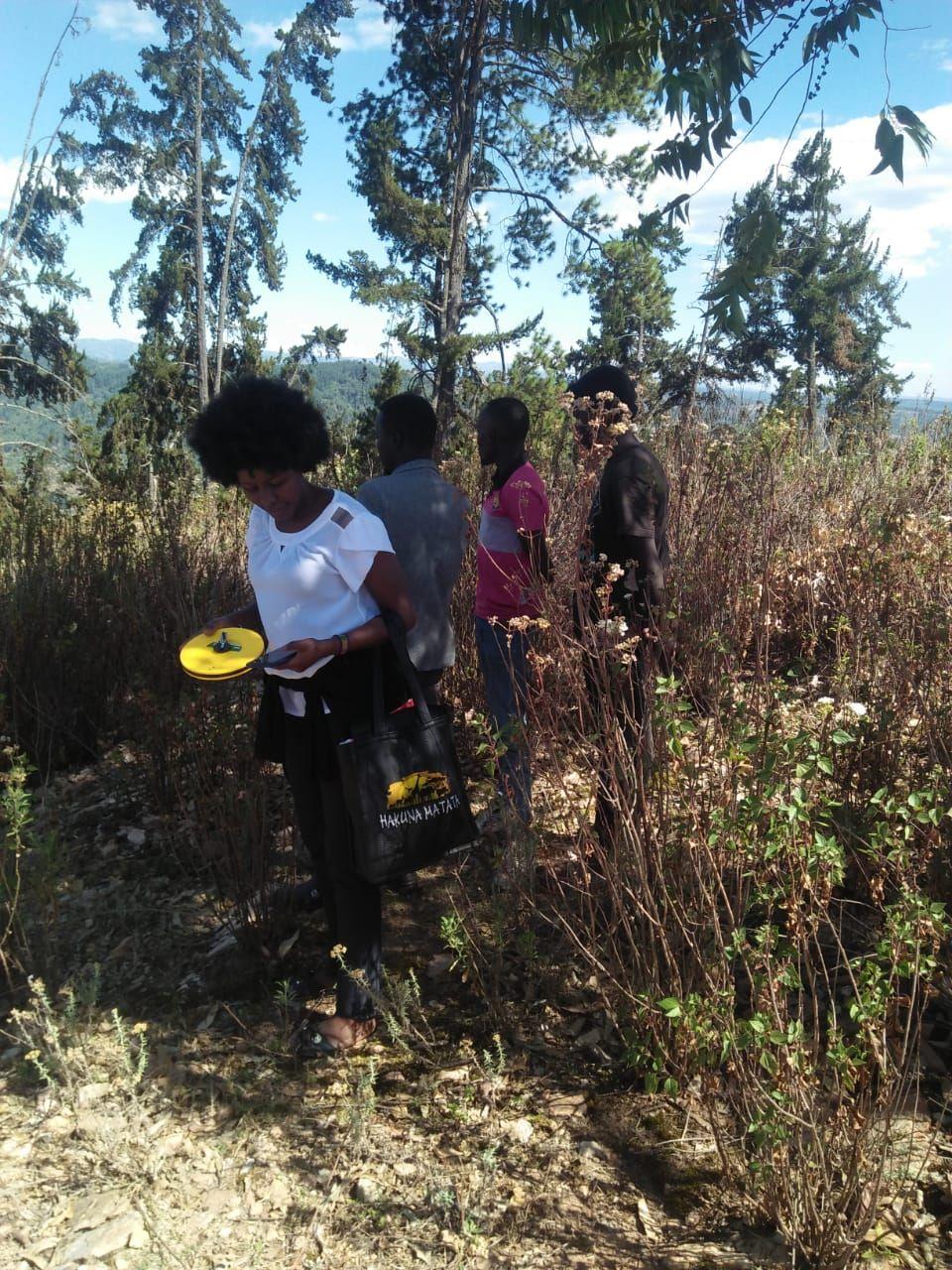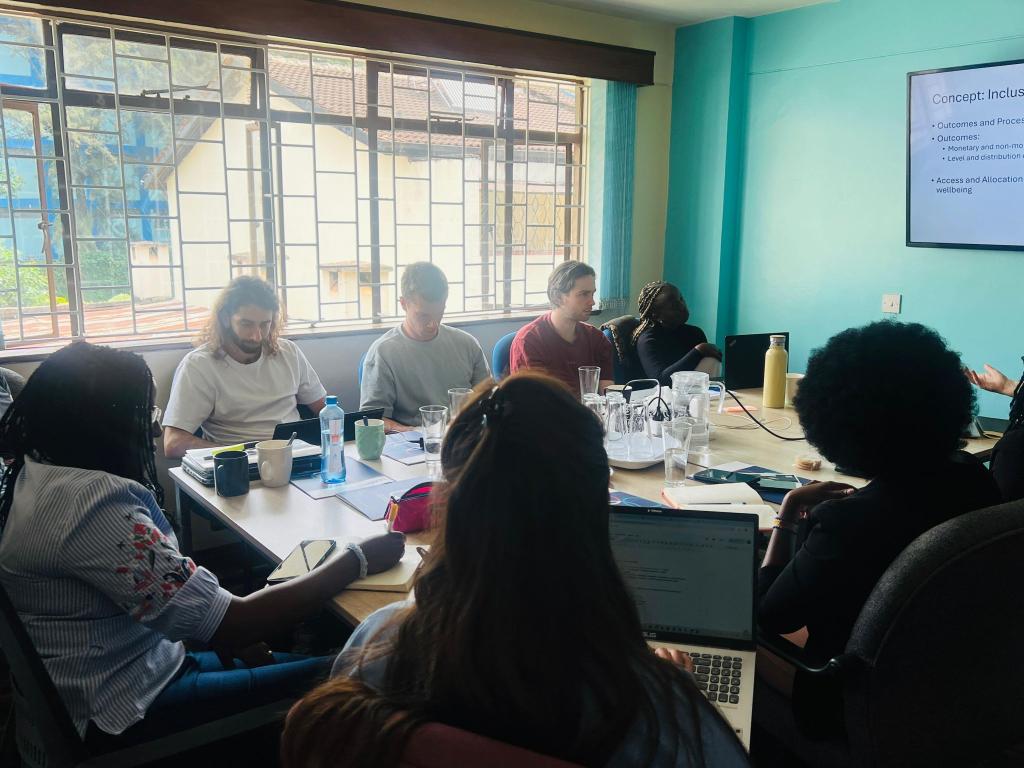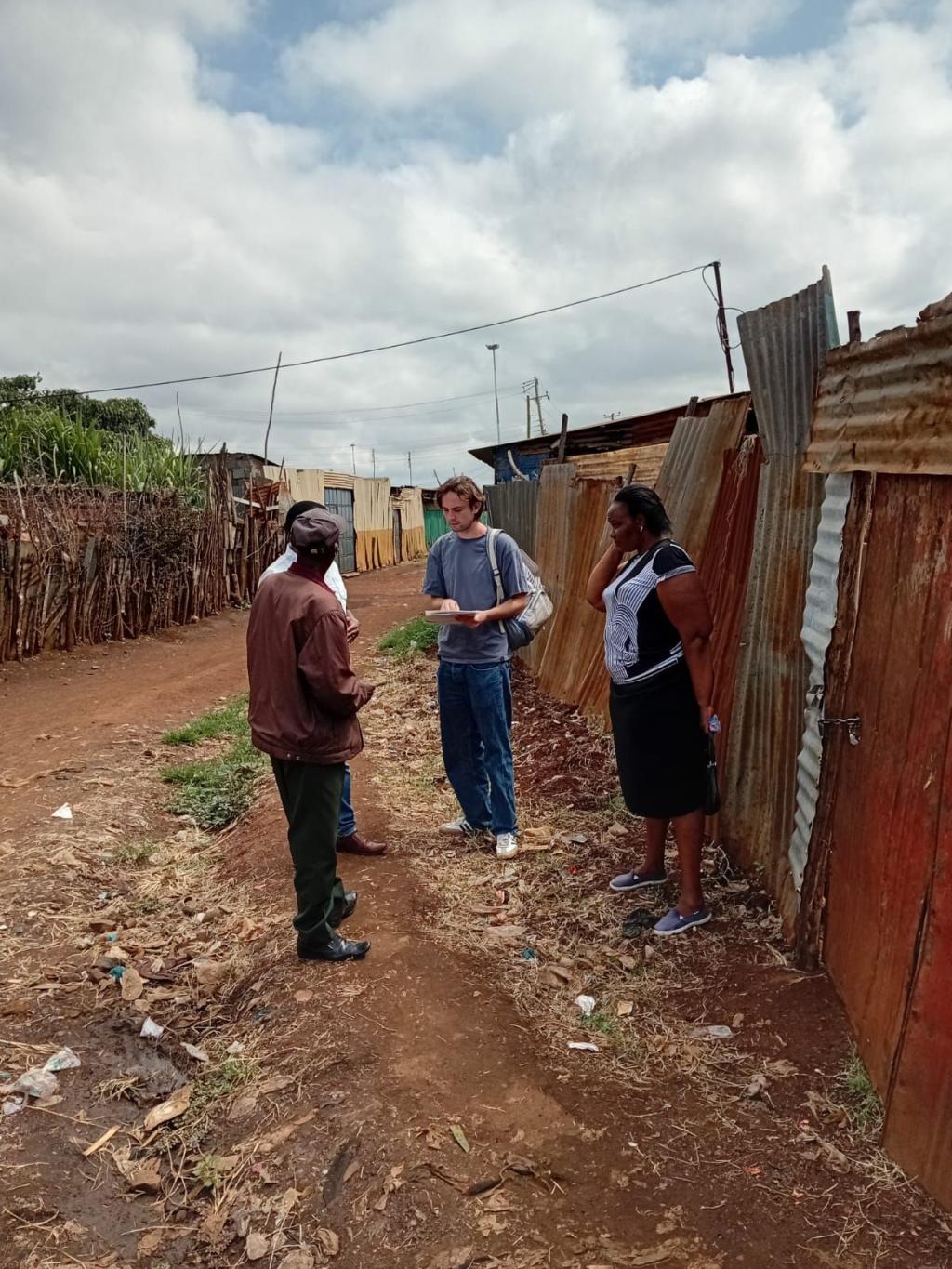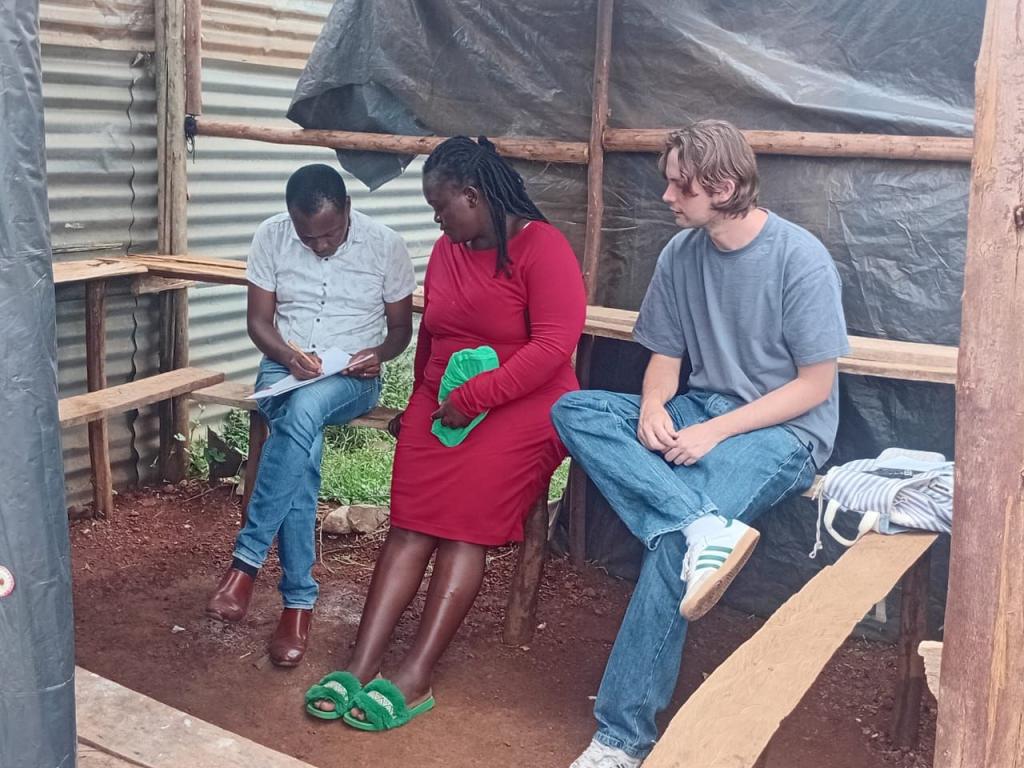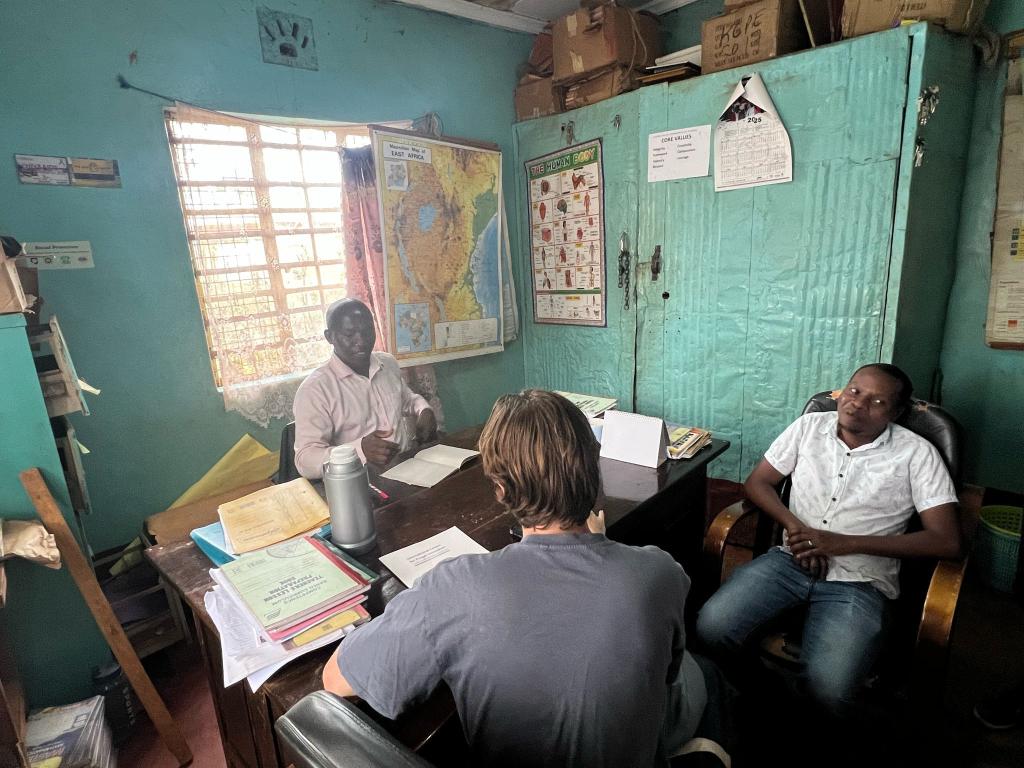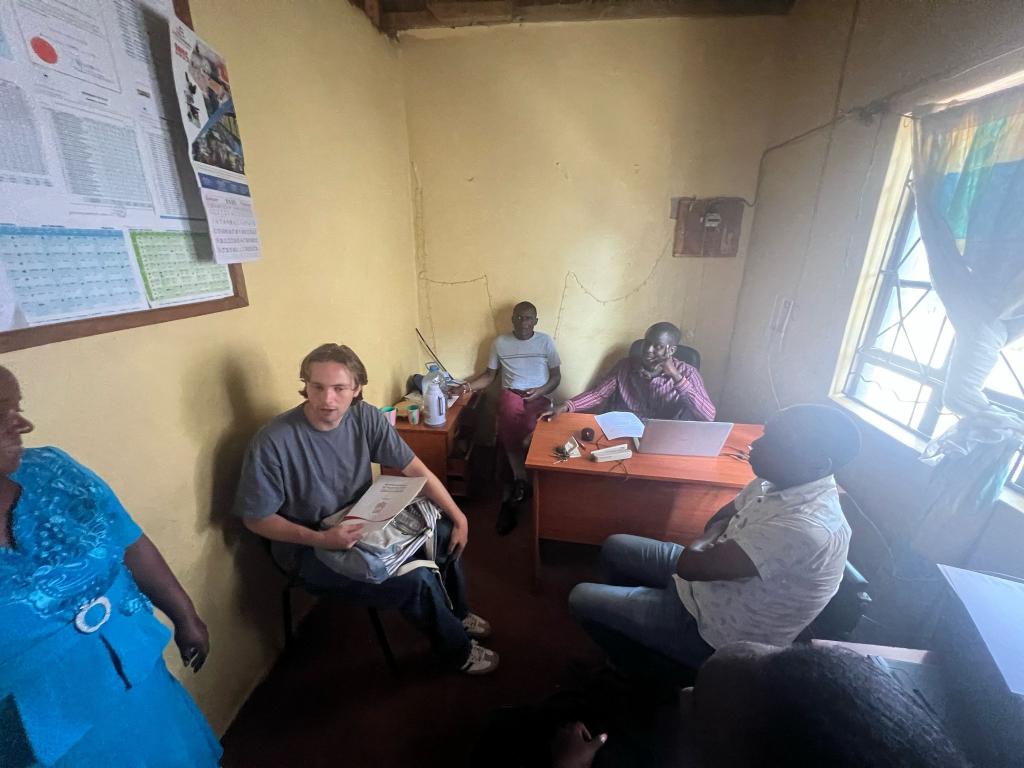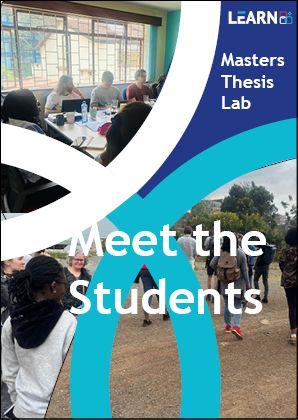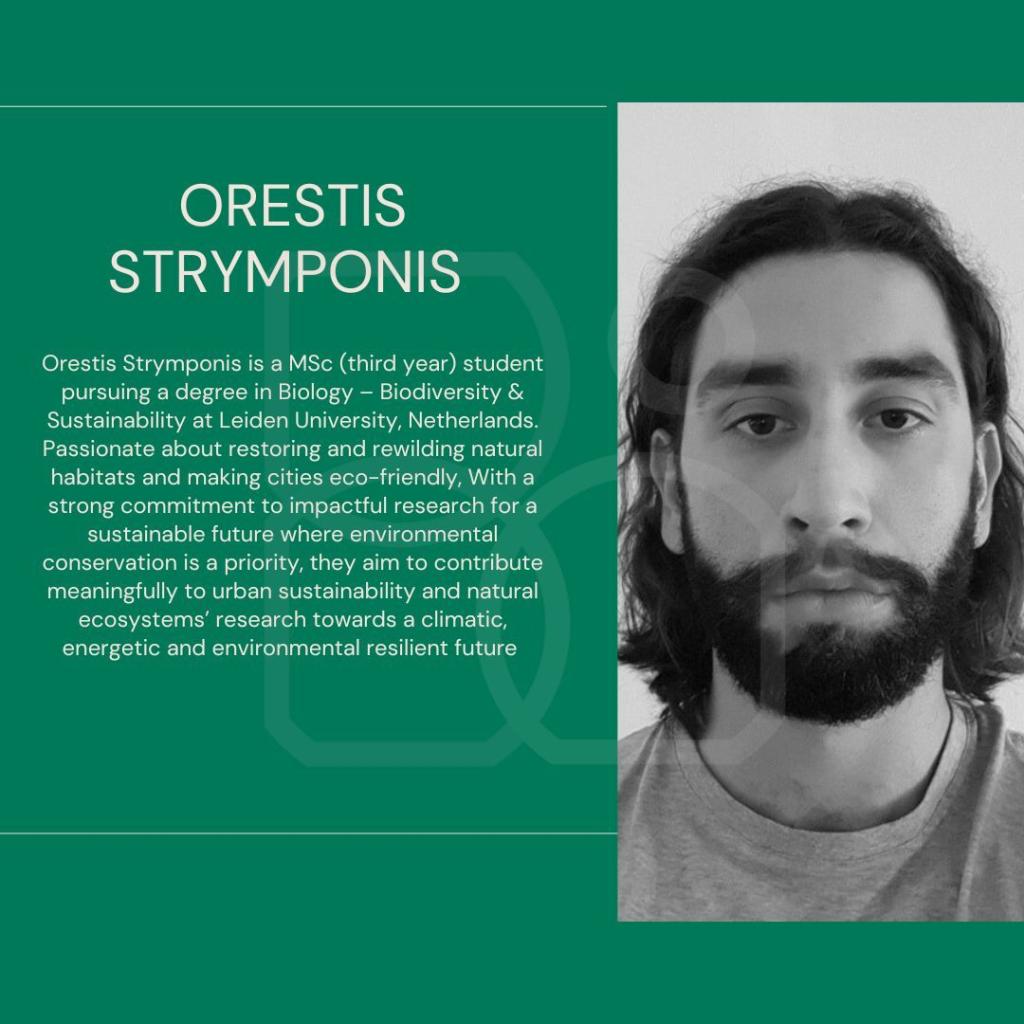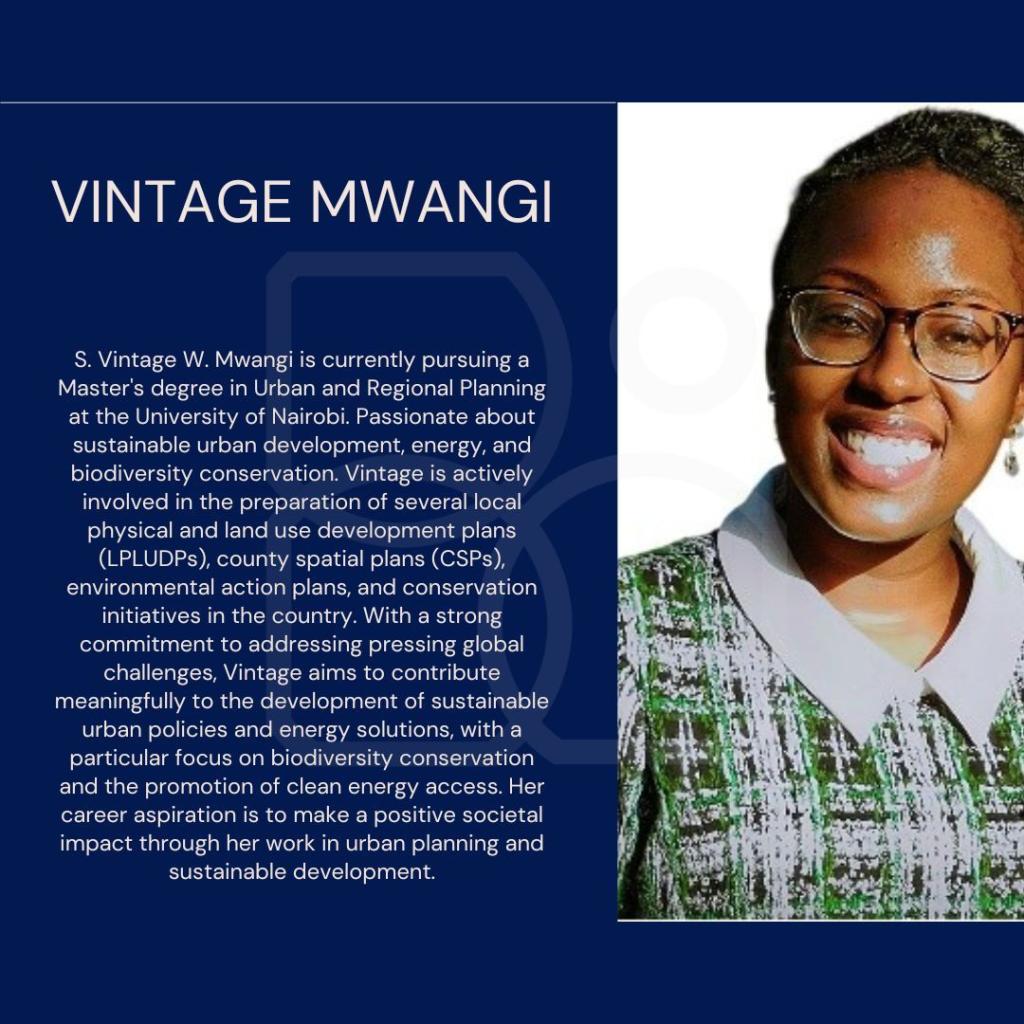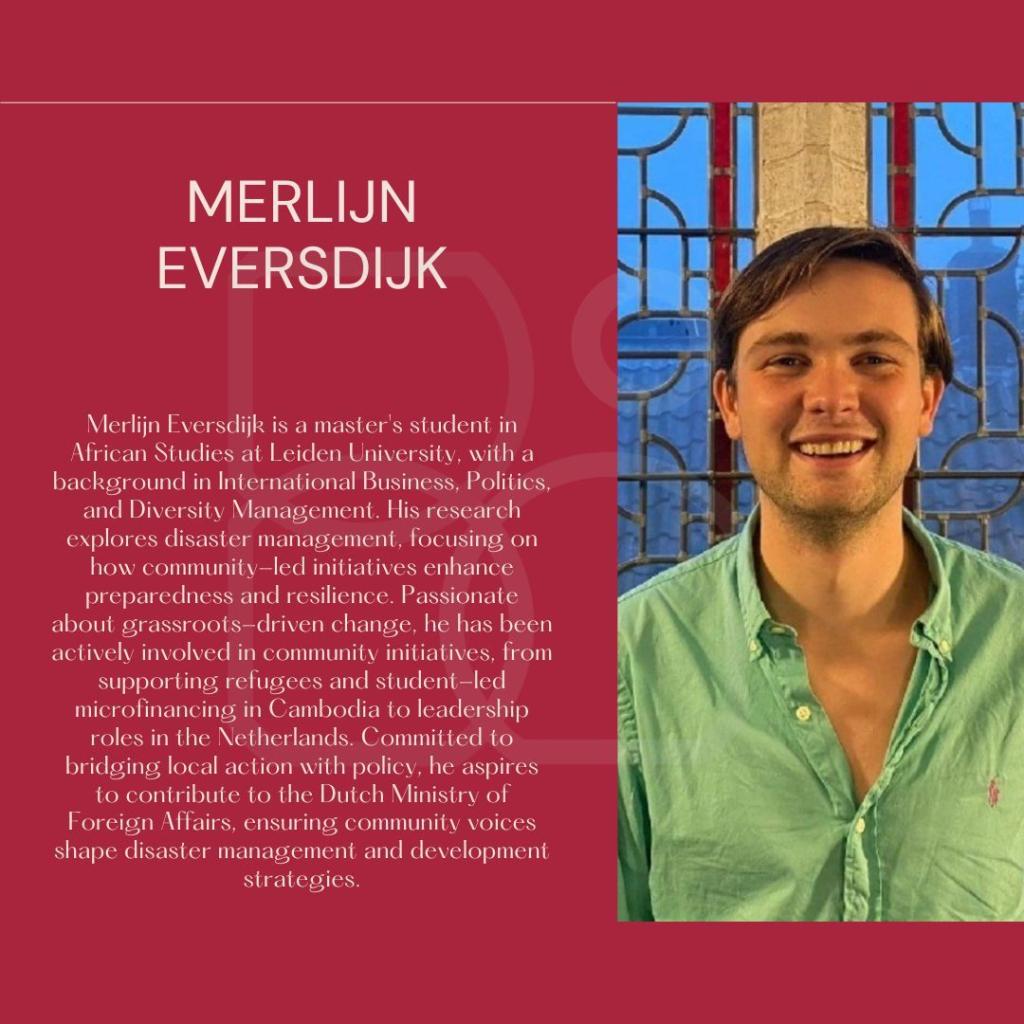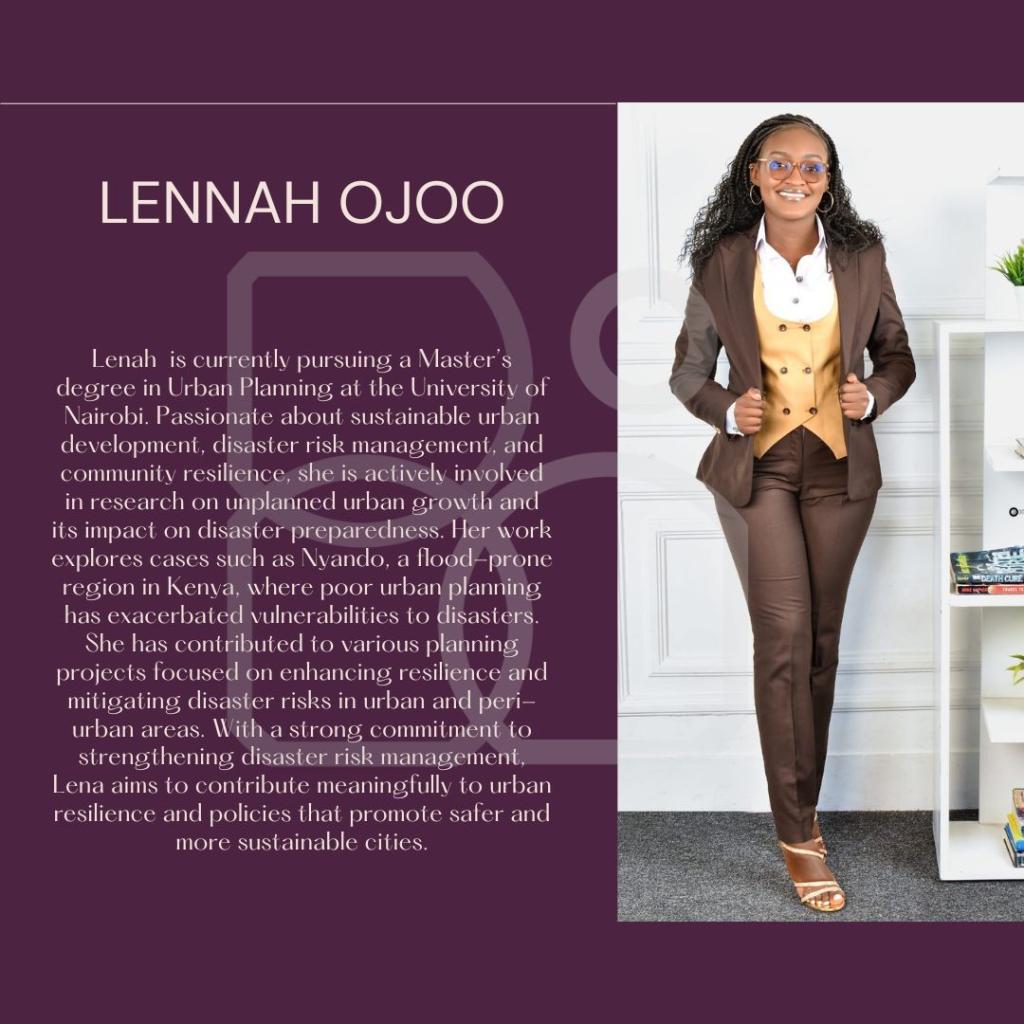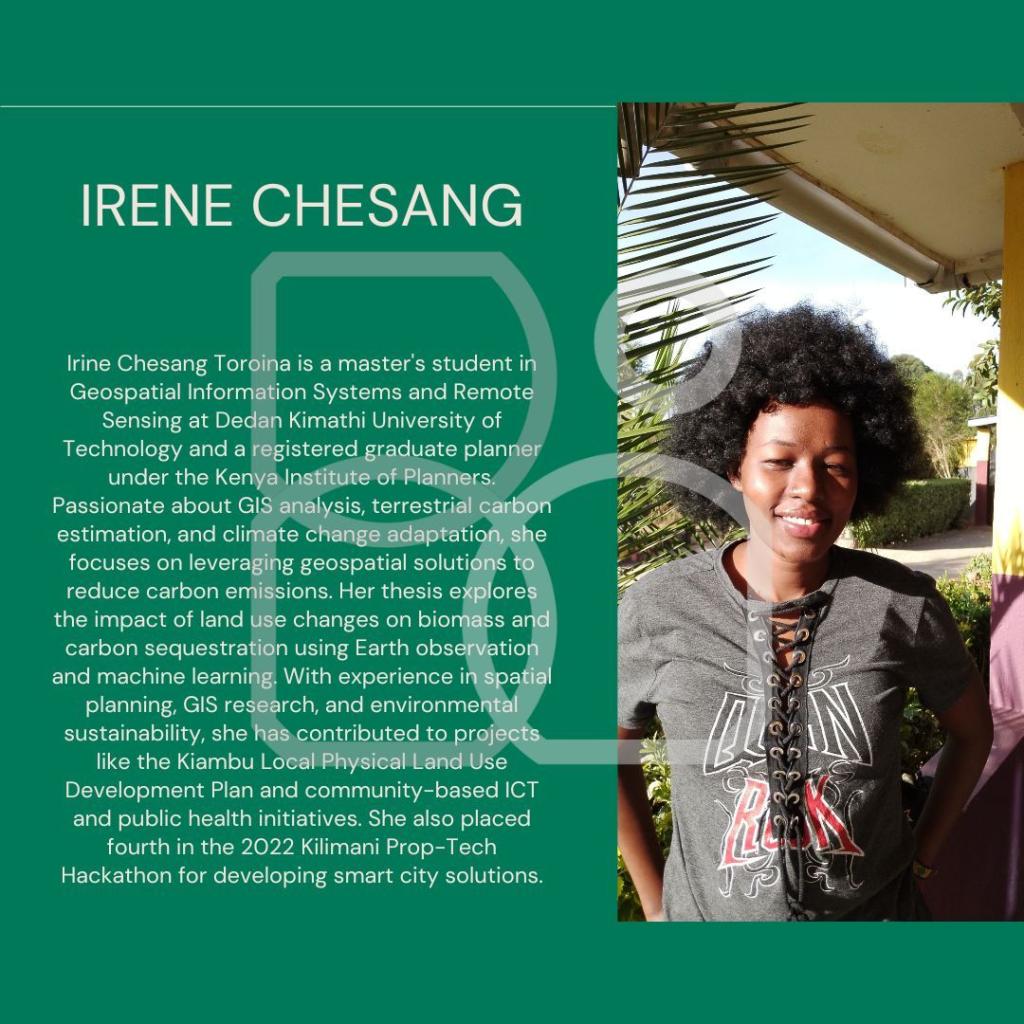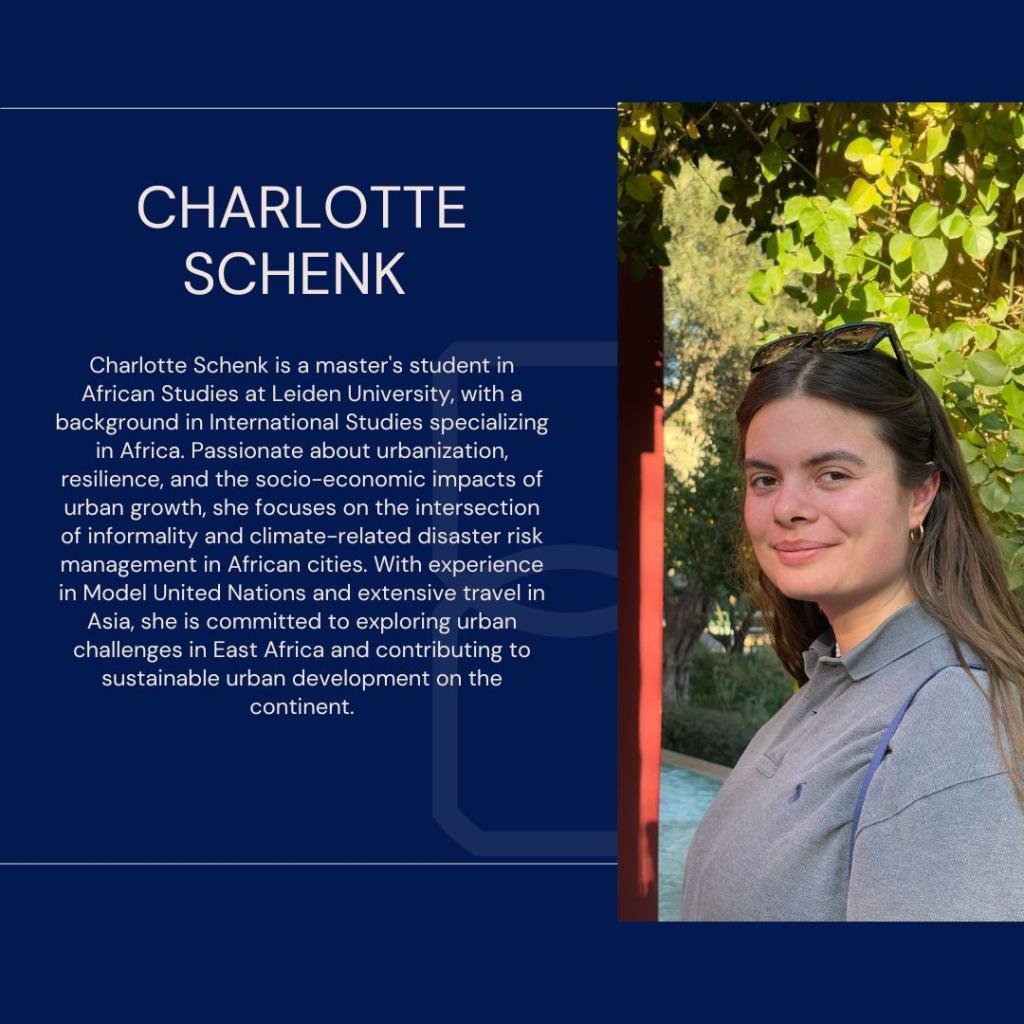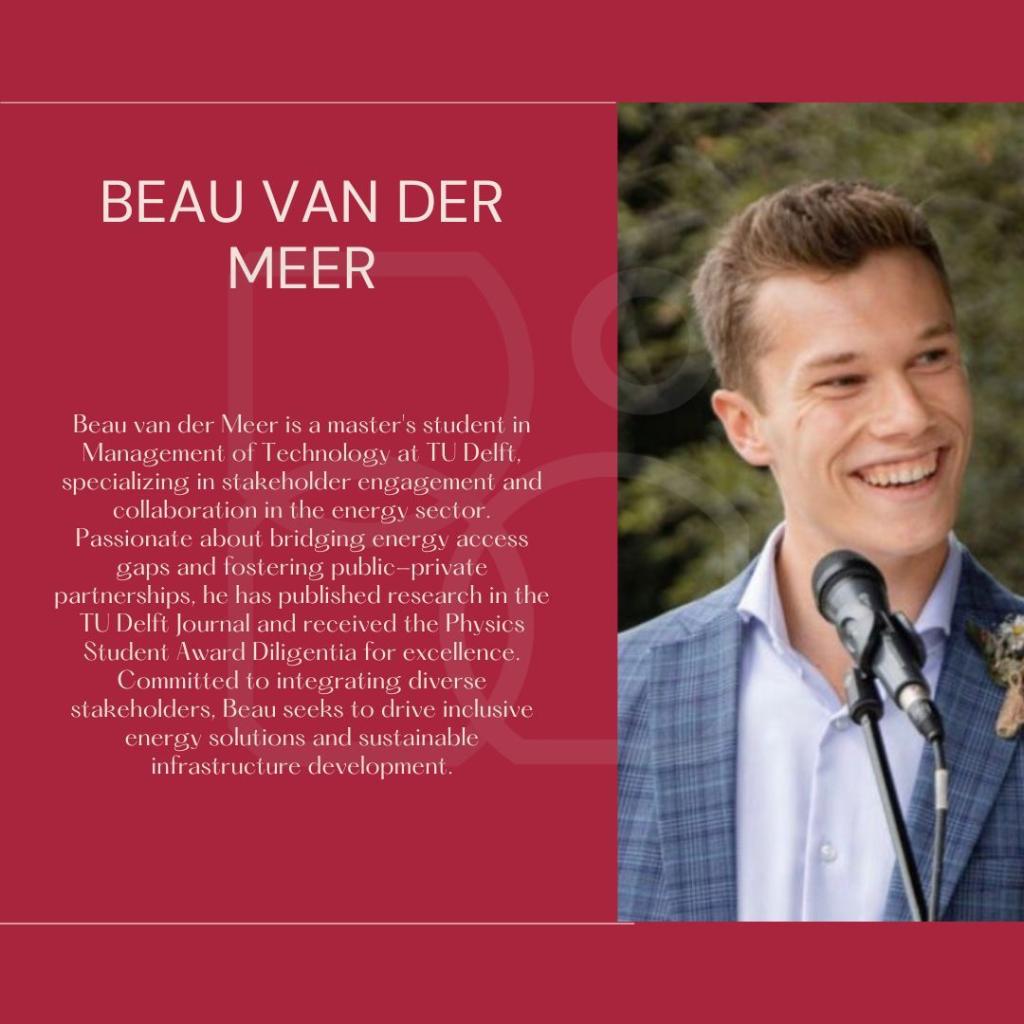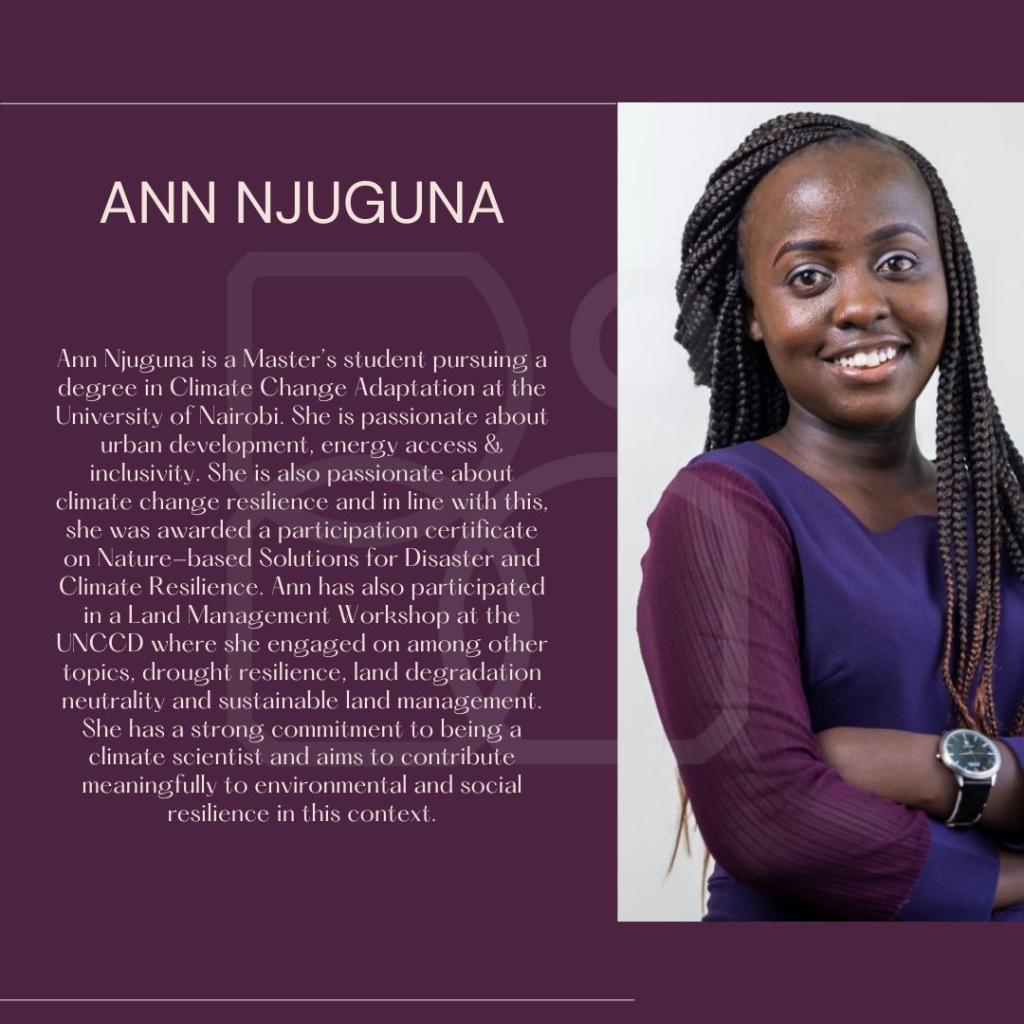Rapid urbanization and mounting climate pressures, innovative, interdisciplinary research is crucial to building resilient and equitable cities. Since its launch in December 2024 in Nairobi, the LEARN Master’s Thesis Lab has brought together Kenyan and Dutch master’s students in a collaborative setting that bridges academic research and practical application.
Rooted in Kenya’s dynamic urban and peri-urban contexts, the Lab focuses on pressing issues such as disaster risk management, energy access, and clean cooking technologies. It creates a vibrant space where emerging researchers combine diverse perspectives, methodological innovation, and community engagement to generate actionable insights relevant to sustainable urban decelopment.
Interdisciplinary and Community-Engaged Learning
The Lab’s journey began with a rigorous Seminar Week in January 2025, designed to prepare students for immersive fieldwork. This intensive week combined expert lectures, methodological workshops, ethical training, and site visits, including to Youthprinua along the Mathare River, grounding students’ research in local contexts. The seminar facilitated deep reflection on research design and ethics, ensuring students were equipped to conduct impactful and respectful fieldwork.
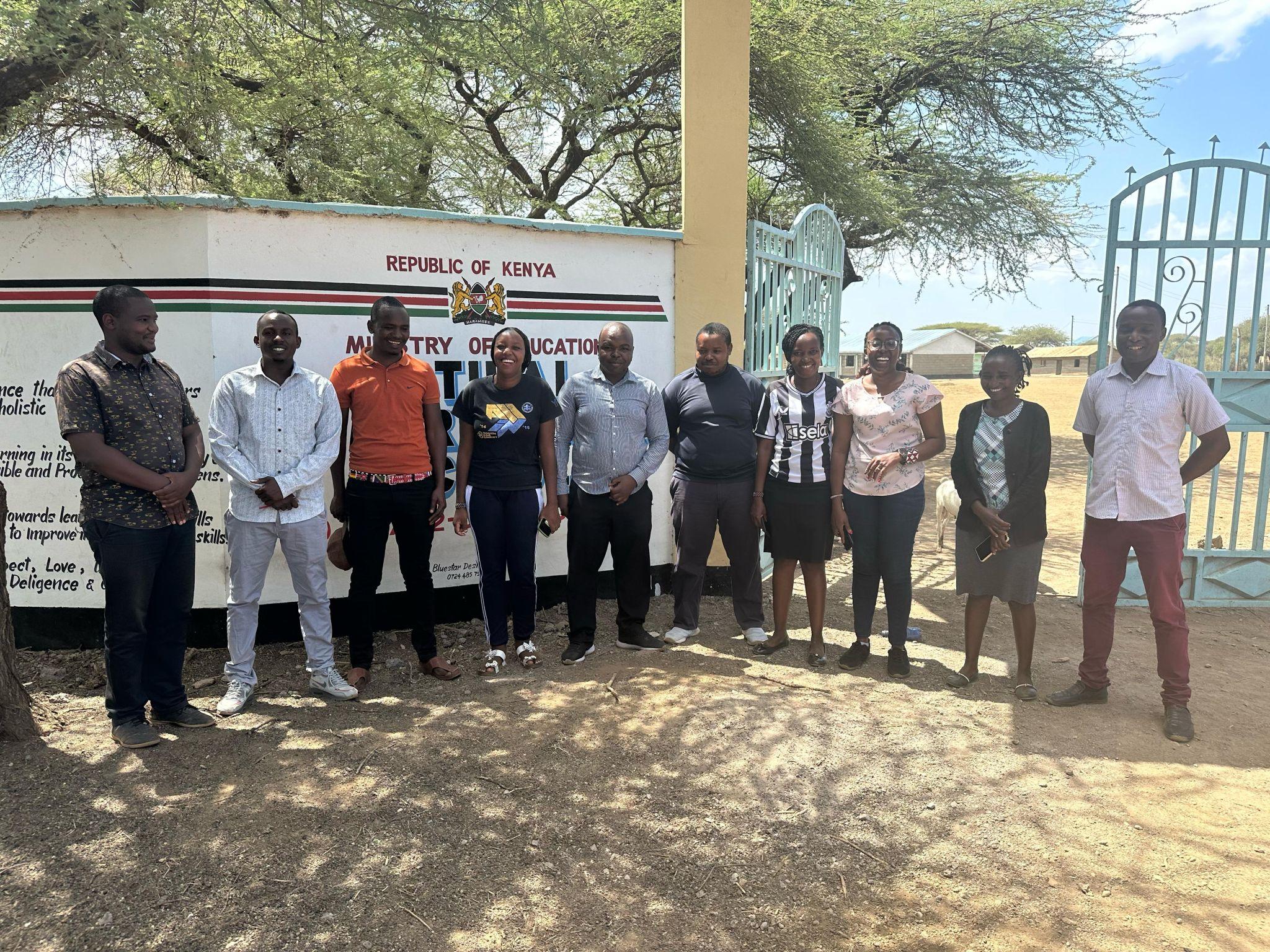
Between January and April 2025, the students conducted extensive fieldwork, collaborating closely with local communities, municipal authorities, and practitioners. This phase yielded nuanced insights into the interplay between policy frameworks and community realities in areas such as disaster preparedness, informal electricity provision, clean cooking adoption, and land use planning.
Emerging themes highlighted critical gaps:
- The disconnect between formal disaster response policies and community experiences
- The pivotal role of informal actors in energy access
- Persistent challenges in scaling clean cooking solutions
- The potential of geospatial data to inform adaptive urban planning
- The consequences of fragmented urban governance for resilience
From Fieldwork to Impact-Driven Outputs
In March 2025, students presented preliminary analyses, reflecting on both their methodological approaches and early findings. The presentations demonstrated not only academic rigor but also a deep sense of responsibility towards the communities involved.
By July 2025, the Lab culminated in the delivery of final outputs, tailored to diverse stakeholders. These included:
- A podcast exploring the gap between disaster policy and community realities
- Community briefs demystifying clean cooking technologies
- A practical geospatial methods guide for tracking land cover change
- A strategic roadmap integrating informal electricity providers into formal systems
- Policy briefs linking urban planning gaps to disaster risk in Nairobi’s Lucky Summer
These outputs underscore the Lab’s commitment to translating research into actionable knowledge, combining creativity, empathy, and strategic communication.
Building a Dynamic Learning Community
Guided by facilitators Bosibori Barake, Dr. Agnieszka Kazimierczuk, Dr. Elsie Onsongo and Prof. Marleen Dekker, the Lab cultivated a vibrant research community. Students honed skills not only in academic analysis but also in intercultural collaboration, ethical fieldwork, and navigating complex urban realities.
As Prof. Dekker notes, “The LEARN Master’s Thesis Lab is an outstanding example of interdisciplinary collaboration across geographies, combining academic excellence with creative engagement. Working with this dedicated team has been deeply rewarding, and we look forward to future cohorts.”
Looking Forward
With thesis writing underway, the students’ research is poised to contribute meaningfully to ongoing dialogues on urban resilience and sustainable development in Kenya. The LEARN Thesis Lab model affirms that co-created, locally grounded, and impact-oriented research can drive transformative change.
Interested students and scholars are encouraged to contact the Lab coordinators to explore participation in upcoming cohorts:
- Agnieszka Kazimierczuk: a.h.kazimierczuk@asc.leidenuniv.nl
- Marleen Dekker: m.dekker@asc.leidenuniv.nl
- Bosibori Barake: bbarake@nuvoniresearch.org
- Elsie Onsongo: eonsongo@nuvonireserach.org
About LEARN:
The Leiden-Delft-Erasmus East Africa Research Network (LEARN) is an innovative platform fostering research, education, and capacity building through collaborative partnerships between East Africa and the Netherlands. Learn more at learnresearch.network.
